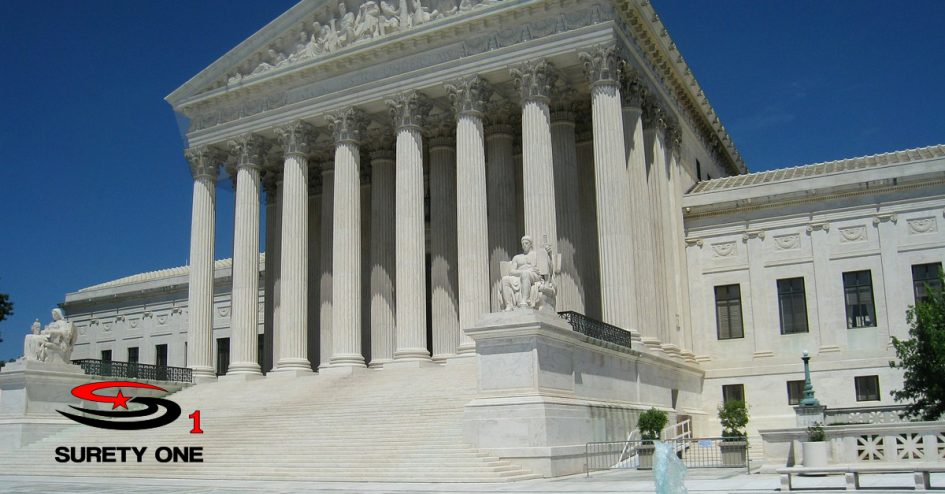A sequestration bond is occasionally required when a party to a civil suit moves the court for sequester (sequestration) of specifically identified property. Sequestration is a prejudgment remedy by which the moving party attaches to property or funds belonging to the opposing party. The process is similar to an equitable form of attachment or replevin (replevy). The end result is the separation of the subject property from the person in possession of said property or the attachment and impounding of an financial account pending further pleadings by the movant.
Because sequestration causes a loss of use of the attached property or that funds in a sequestered account cannot be disbursed except by court order, the party whose property is being attached can suffer damages. A sequestration bond is a form of financial assurance which guarantees that if a court later finds said sequestration improper or malicious, that the moving party will return the property or funds and pays those damages as directed by the court. A sequestration bond is generally required in an amount equal to the value of the property or of the funds being attached.
A sequestration bond must be issued by a surety company licensed in the jurisdiction wherein the bond is to be posted. Quoting this class of surety bond requires review by a surety underwriter with knowledge of judicial bond obligations. Surety bond leader SuretyOne.com specializes in court bonds for federal, state and local trial courts and courts of appeals. Bond application submissions are reviewed and quoted within one hour of receipt. Surety One, Inc. Is THE most responsive court bond underwriter in the legal services profession. Call (800) 373-2804, or email us at Underwriting@SuretyOne.com for sequestration bond application or for any court bond need.
#sequestration #sequestrationbond #replevin #replevinbond #judicialbond #suretybond #suretybonds #SuretyOne #lawyer #attorney #lawoffice #trialcourt


